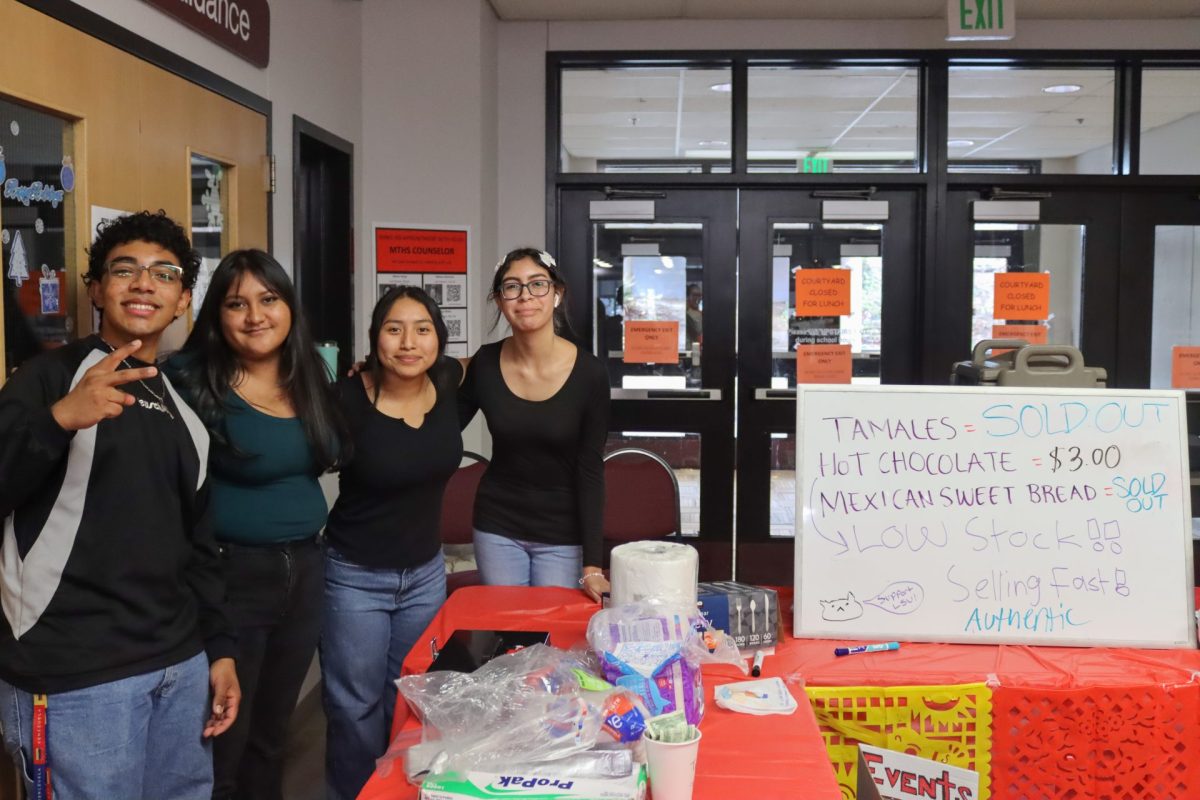As the clock ticked closer to 3 a.m., then sophomore Haeley Johnston laid on the ground of her dimly lit room and scribbled another piece of information about the Protestant Reformation into her notebook. She could already tell that the next day would require a sizable cup of coffee.
Johnston, like many other sophomores, had to pull a few all-nighters to finish assignments throughout the year. Despite common belief, this approach is not the only way to find success.
There are many habits and resources that you, as a sophomore, can start using now to help you achieve the most with the least amount of stress.
Sophomore year is important because it’s around the time students should have a general idea of what they want to do after high school and make decisions accordingly, says English teacher Peter White.
For example, if you desire to go to college, sophomore year should be all about getting the best grades you can and getting involved in extracurricular activities.
“The wonderful thing about sophomore year is that it’s the year when it’s all still possible. I don’t care how bad your freshman year was, you can recover from that. You can still do anything you want,” White said.
It’s also the year when classes start to get more challenging with the introduction of more rigorous and time-consuming classes, namely AP classes, according to junior Alex Croce. He said as a sophomore, he had to do more “actual studying” than ever before.
Croce had people in his life to keep him on track with his homework and studying. For both he and Johnston, it was each of their parents keeping them caught up.
“My parents helped motivate me. They would remind me of deadlines and things. Even though it got annoying and I didn’t always appreciate it, looking back they gave me that extra push,” Johnston said.
Though parents are often the main source of ‘get to it’ that students encounter, you could ask anyone – parent, friend, or teacher – to step on your toes and keep you motivated.
A valuable strategy for staying motivated and getting the most out of studying is to work in study groups, according to junior AsiaLee Donnelly. This allows you and your friends to help each other understand different concepts.
One vital tool that past successful sophomores recommend for staying on track is a planner. Donnelly and junior Catherine Allemann claim that keeping up on their planners was key to their success.
“It really helped to keep all the deadlines straight because even though I think I will be able to remember everything, I definitely won’t,” Allemann said.
Donnelly color coded her planner, which kept her even more organized.
For example, she used red for due dates, blue for events, and then penciled in what days would be best for doing specific assignments.
White suggests that, in order to be successful, it’s best to know your teacher’s expectations.
“Most teachers have really clear expectations. Find out what those expectations mean to the teacher. Find out how to satisfy those expectations, and that’s really the key,” White said.
Whether through reading the assignment rubric carefully or asking the teacher clarifying questions, be sure to know what it is your teacher wants from you and work towards those expectations.
As a sophomore, you’ve had a year of experience and know what’s going on around the school, so you have the opportunity to join more clubs and participate in more activities.
However, balancing these activities with academics gets tricky.
Donnelly, who participated in Technology Student Association (TSA), ASB and Honor Society, balanced these with academics by staying up to date on when events were and getting her work done ahead of time.
Though participating in different clubs can cut significantly into your time, it can make you more successful.
“I think it made me more successful because it made me more well-rounded. I got to meet new people and try new things,” Johnston said.
“It’s also hard because you’re taking on another responsibility and you have to manage your time better… but it’s definitely worth it in the end.”
While you may end up with a lot of responsibilities, you still have a responsibility to yourself.
White says it’s important to try to make time for yourself amidst all the activities you may have going on.
“You have to manage your time the best you can. And you have to remember to have fun sometime in there, too. You have to feed the soul as well,” White said.
As you’re juggling all these different components of your life, avoid the urge to procrastinate.
“A kid that’s really successful is a kid who does not procrastinate. Procrastination is always a bad idea. Successful people are always ready early and use their time well,” White said.
Croce said to combat procrastination play relaxing music, keep your phone out of reach and lock yourself in your room until you finish your assignments.
To help with her procrastination, Johnston broke up her bigger assignments into smaller pieces and set deadlines for when those individual pieces had to be done.
“I learned how to manage my time and not procrastinate as much. After pulling a couple all-nighters, I learned my lesson that it kind of just ruins your whole week,” she said.
According to Johnston, whether or not you procrastinate, you’ll have some late nights.
“Caffeine helps you through everything. Drink coffee, even if you don’t like it. Add a little milk and sugar, it’ll be fine.”







